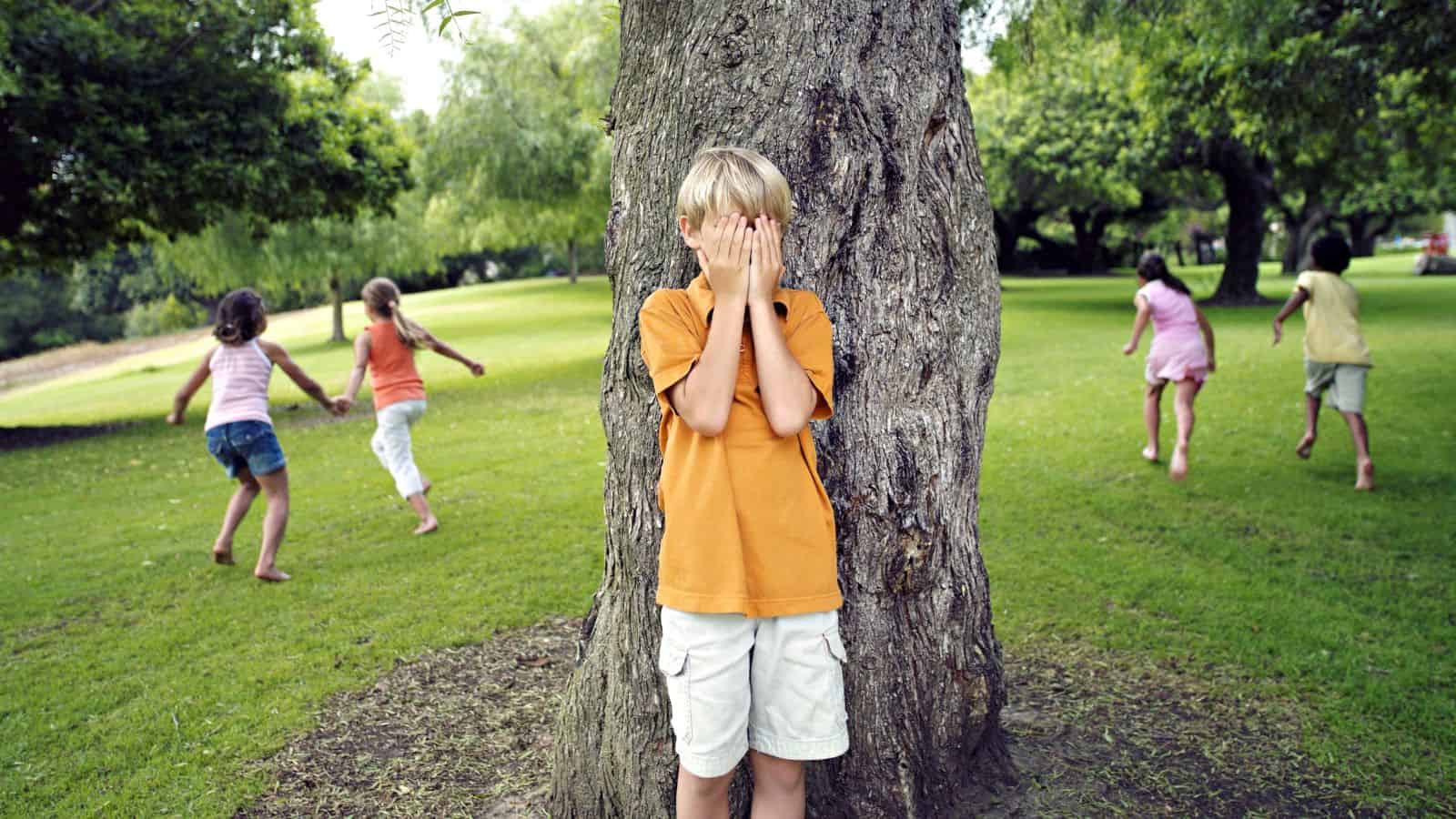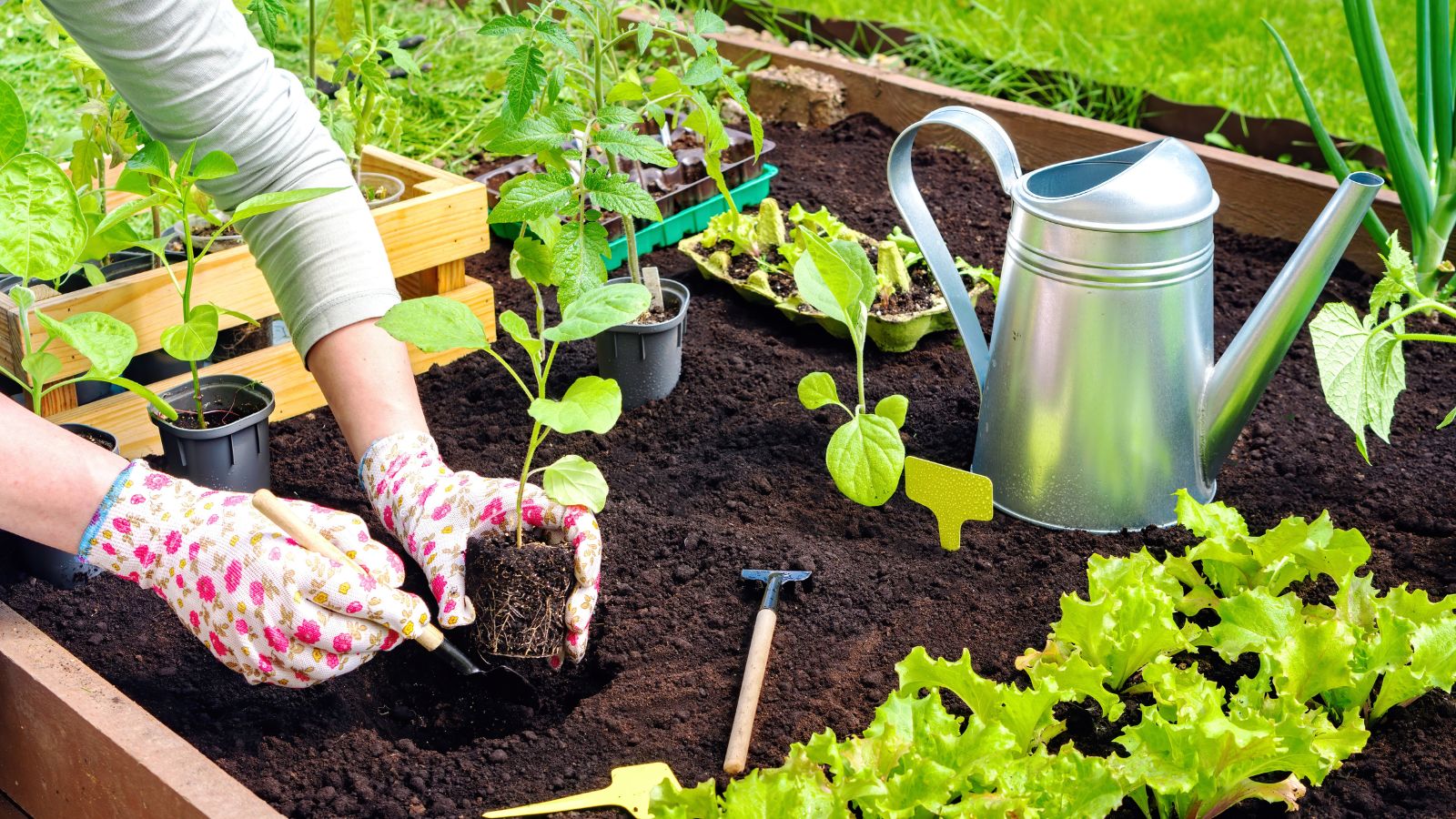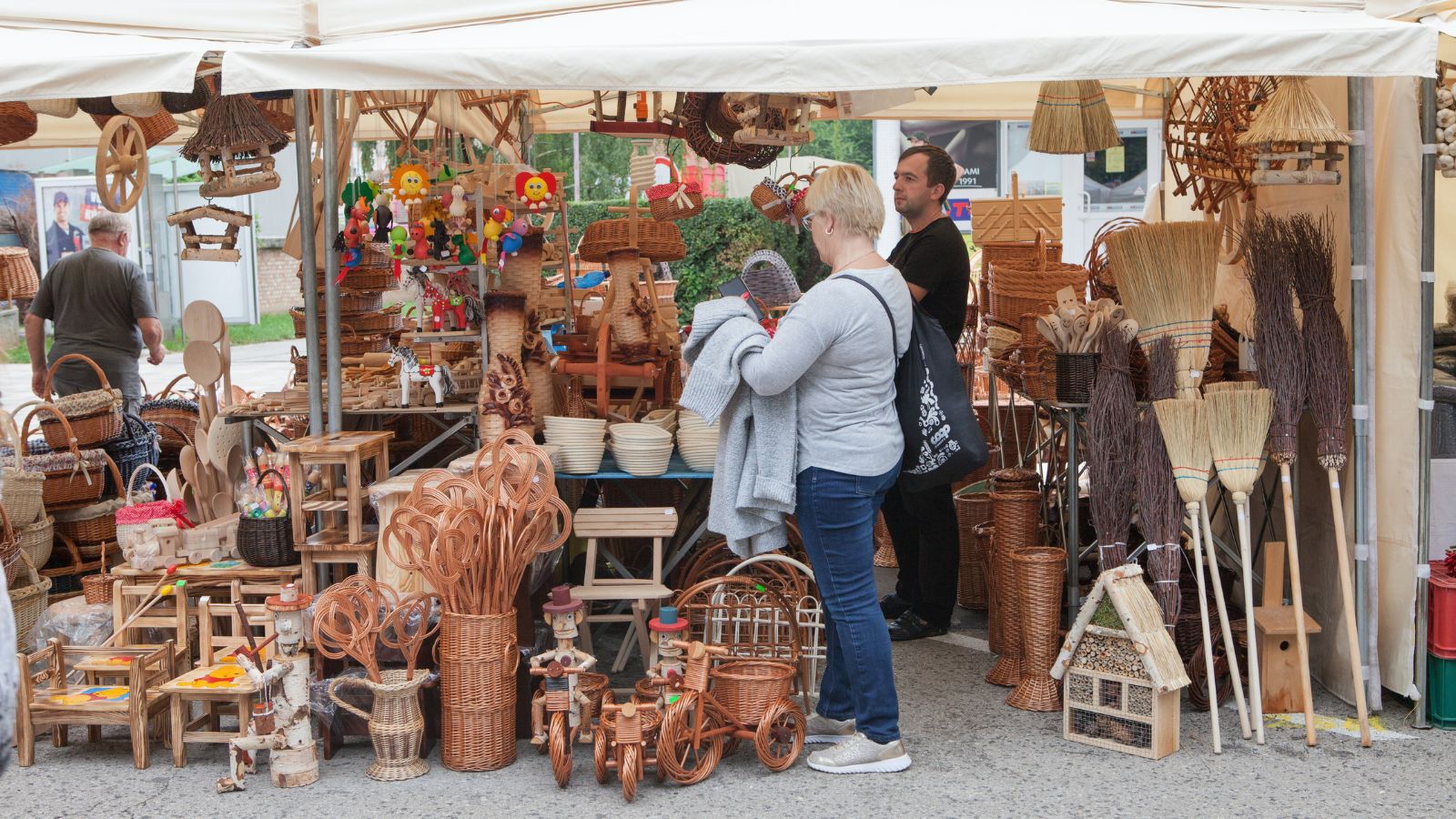With society developing and lifestyles changing, many traditions that Americans have cherished for decades are now fading into the past. We’ve compiled 20 of these traditions that will be missed the most.
Family Dinners

Evening meals were a nightly ritual for many American families, offering an avenue for everyone to share how their days went and catch up on life in general. But now, due to busy schedules, we learn from HuffPost that more parents are canceling these dinners. Studies even say that regular ‘together time’ is enough instead of a sit-down dinner.
Handwritten Letters

Our age of digital communication has brought emails and instant messages into the limelight. Handwritten letters, which had a more personal touch and intimacy, have become obsolete. In fact, handwriting, in general, is going extinct as more schools are replacing pen and paper with tablets and laptops.
Sunday Drives

There were times when Americans cherished casual Sunday drives with the family, seeing it as a time to explore scenic routes and have relaxed family conversations. However, rising fuel costs, environmental concerns, and busy lifestyles have caused this leisurely family activity to decline in popularity.
Porch Sitting

Relaxing on the porch and chatting with neighbors was a common pastime that fostered community bonds. Modern architectural designs and air-conditioned homes have reduced the appeal of spending time on the porch. The social interactions that once occurred here are now replaced by digital communication, diminishing face-to-face neighborly relationships.
Home-Cooked Meals

Preparing meals from scratch at home is dwindling due to the convenience of takeout, fast food, and pre-packaged meals taking over. Cooking traditional recipes and passing down culinary skills through generations are slowly disappearing, reducing the opportunity for family bonding over shared cooking experiences.
Sewing and Knitting

Sewing and knitting, once essential skills, are now hobbies for a select few. Ready-to-wear clothing and mass production have made these crafts less necessary, causing a decline in these creative skills. The tradition of creating handmade garments and items, along with the knowledge and patience it requires, isn’t interesting to many anymore.
Barbershop Visits

Traditional barbershops, where men gathered not only for haircuts but also for camaraderie, are vanishing. Unisex salons and chain haircut establishments have taken over, and the classic barbershop’s unique atmosphere and social aspects are becoming rare, leading to fewer places for men to socialize.
Collecting Physical Media

Digital downloads and streaming services offer convenience and space-saving benefits, reducing the demand for physical music collections, movies, and books. The experience of browsing through a collection of vinyl records, DVDs, or books is being lost to digital libraries, which also diminishes the tangible connection to these media.
Church Attendance

In the last 25 years, an estimated 40 million people stopped going to church. This is one in eight Americans. Changing societal values, busy schedules, and alternative spiritual practices contribute to this trend, weakening community ties. The sense of community and tradition that comes with weekly services is diminishing, which also impacts the transmission of religious teachings and moral values.
Local Shopping

Local mom-and-pop stores are being replaced by big-box retailers and online shopping, impacting local economies. Small businesses struggle to compete with the convenience and low prices of large chains and e-commerce giants. This results in the personal touch and community support of local shopping waning, leading to a loss of unique local character.
Family Reunions

Large family reunions used to be a staple of American life, bringing extended families together regularly. Today, geographical distances, busy lifestyles, and the ease of staying in touch online have made these gatherings less frequent. The in-person connection and shared memories are fading, weakening family ties and the passing of family stories.
Playing Outdoors

Children once spent hours playing outside. But now, video games, streaming services, and social media have replaced traditional outdoor activities like tag, hide-and-seek, and neighborhood sports. Other safety factors, like cars, delivery drivers, and even dog poop, contribute to this decline, which potentially affects a child’s social skills and appreciation for nature.
Traditional Weddings

Elaborate, traditional weddings are giving way to more personalized and often smaller ceremonies. The high costs and changing social norms influence couples to choose simpler, more intimate celebrations. Classic wedding customs and large guest lists are becoming less common, affecting the sense of community and shared celebration.
Drive-In Theaters

The rise of indoor cinemas and home entertainment systems has made drive-in theaters less appealing, reducing opportunities for unique social experiences. The nostalgic experience of watching a movie from the comfort of your car is disappearing, which also impacts local economies that benefited from them.
Home Gardening

Home gardening for food production has declined as the convenience and availability of fresh produce in stores make home gardens less necessary. The skills and knowledge of growing your own fruits and vegetables are being lost, along with the connection to the land and the satisfaction of producing your own food.
Craft Fairs

Local craft fairs showcasing handmade goods and artisan skills are also dwindling. Mass-produced goods and online marketplaces overshadow these events, reducing support for local artisans. This has impacted the local economy and the preservation of traditional crafts.
Door-to-Door Sales

Modern marketing techniques, online shopping, and privacy concerns have made door-to-door sales nearly obsolete today. They’ve also caused personal and direct sale interactions to decline, which affects local sales opportunities and the community connections that some enjoy from them.
Car Repair at Home

Home car repairs were once a common weekend activity for many Americans. Advances in technology and the complexity of modern vehicles have made DIY repairs more difficult. The tradition of working on cars at home and the skills involved are disappearing, affecting the sense of self-reliance and technical knowledge.
Hand-Me-Downs

Passing down clothes and other items through generations is less common. This reduced appreciation for secondhand items is owed to the increasing availability of cheap, new goods and changing fashion trends. The sentimental value and resourcefulness associated with hand-me-downs can be so impactful that they sometimes even affect the preservation of family history.
Reading Physical Newspapers

The habit of reading a physical newspaper each morning is fading, as digital news sources and real-time updates offer a more immediate, accessible alternative. With the reduction of the ritualistic nature of morning reading, there’s also a related reduction in the appreciation for in-depth journalism.
Up Next: 18 Cities in the US That Are So Bad You Won’t Want to Visit

While there are many beautiful cities in the U.S. that are well worth a visit, there are also some that you may want to avoid. This is largely due to high crime rates or issues with quality of life. Here are 18 U.S. cities that you won’t want to visit.
18 Cities in the US That Are So Bad You Won’t Want to Visit
19 American Cities That Disappoint Visitors So Much They Wish They Never Went

The United States is a vast country with over 109,000 cities and towns and many popular tourist hotspots, promising visitors fascinating history, famous landmarks, natural wonders, impressive architecture, and cultural delights. But not every city lives up to the hype! Here, we explore 19 American destinations that often leave visitors underwhelmed.
19 American Cities That Disappoint Visitors So Much They Wish They Never Went
19 Signs That Say You’ve Officially Entered Old Age

Old age comes for us all, though we do our best to resist it for as long as possible. But aging isn’t only gray hair, wrinkled skin, and yelling at kids to get off your lawn. Here are 19 signs you’ve realized you’re no longer the young stud you once were!
